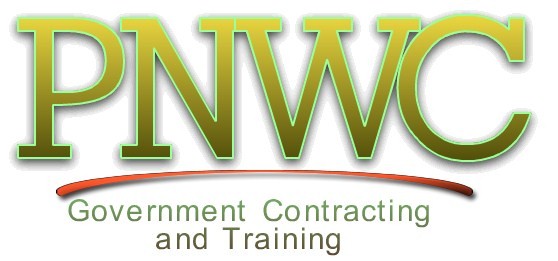The General Services Administration (GSA) is leading an inter-agency working group to develop a guide to assist civilian executive agencies in selecting private firms to perform required contract audits. The inability of DCAA (Defense Contract Audit Agency) to perform timely audits has been reported here and elsewhere and the subject of several GAO (General Accountability Office) and Inspector General reports. Civilian agencies, unlike the Defense Department are not required to utilize DCAA for their contract audit services. Agencies that do utilize DCAA, reimburse DCAA for those services thus there has developed a strong consensus within civilian agencies that they can receive more timely services by contracting with commercial firms rather than relying upon DCAA. Some even contend that the cost for commercial audits are less than the cost for comparable DCAA audits. That contention is difficult to assess. The hourly rates charged by private firms are generally higher than the hourly rates charged by DCAA so the other variable is the number of hours it takes to perform the work. It might be that DCAA, unbound by a profit motive, spends too many hours while a private firm, needing to make a profit, spends too few hours. A number of years ago, the Energy Department moved away from DCAA and contracted with private firms for its contract audit services. Though we have not seen a comprehensive assessment of how that is working, we do know that in some circumstances, the Energy Department has been concerned with the cost growth of these services – especially when contracted firms are called upon to assist “extra-scope” activities such as helping to resolve audit issues that arose from their audits.
Source: PNWC’s Government Contracting Update: GSA Drafting Guidance to Assist Civilian Agencies in Procuring Contract Audit Services


